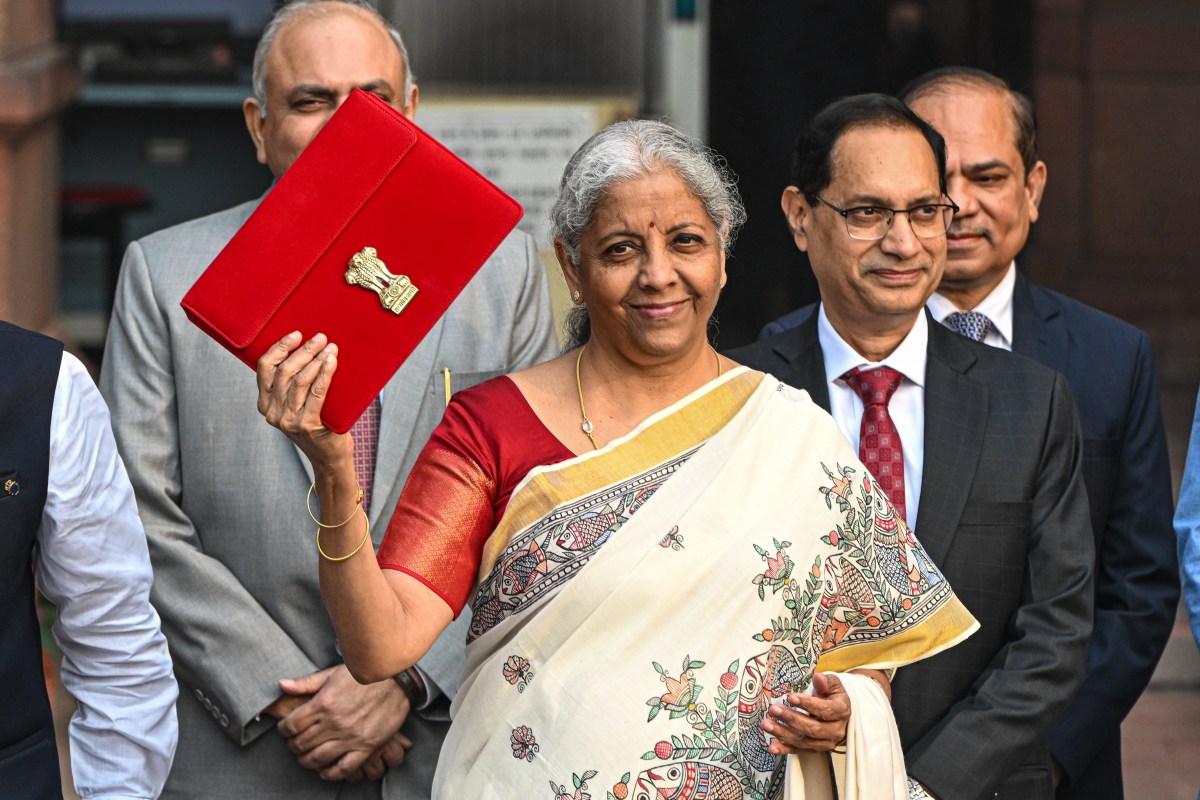India Unveils New Billion-Dollar Investment Boost for Startups
India is taking significant steps to enhance its startup ecosystem with the announcement of a new $1.15 billion Fund of Funds for startups. This initiative is part of a broader strategy to foster technological innovation and promote clean energy within the nation, aiming to solidify India’s position as a leader in the global economy.
New Initiatives to Boost Startups
During the presentation of the federal budget for 2025-26, Finance Minister Nirmala Sitharaman emphasized the importance of this new fund, which builds upon previous funding programs that have already allocated over $1 billion from alternative investment funds. Although specific focus areas were not disclosed, the fund is expected to have an expanded scope.
Regulatory Reforms for Enhanced Compliance
In an effort to streamline operations for startups and technology companies, the government plans to establish a High-Level Committee for Regulatory Reforms. This committee will:
- Review all non-financial sector regulations, certifications, licenses, and permissions within a year.
- Aim to strengthen “trust-based economic governance.”
- Reduce compliance burdens for emerging businesses.
Focus on Deep Tech Innovation
Additionally, New Delhi is considering the creation of a separate Deep Tech Fund of Funds. This initiative is designed to support next-generation startups that are pioneering advanced technologies, further bolstering India’s presence in cutting-edge sectors.
Economic Growth and Job Creation
As India’s startup ecosystem continues to thrive, it is becoming a significant job creator and a source of national pride. The economy is anticipated to grow between 6.3% and 6.8% in the upcoming year, with the government relying on innovation and entrepreneurship to reach its long-term growth target of 8%. This growth is vital for generating sufficient employment opportunities for the country’s youthful population.
Investment Landscape for Indian Startups
Over the past decade, Indian startups have attracted more than $100 billion from prominent investors such as Norges, SoftBank, and Sequoia. With over 100 unicorn startups, India has established itself as a prime growth market for Silicon Valley giants.
Sanjeev Bikhchandani, a prominent investor and early supporter of companies like Zomato and Policybazaar, noted, “The first fund initiated a few years ago significantly boosted the Indian venture capital industry. India requires a robust domestic venture capital framework.”
Investment in Nuclear Energy
In addition to supporting startups, the government announced a $2.3 billion Nuclear Energy Mission aimed at developing at least five indigenous small modular reactors by 2033. This initiative is part of India’s objective to achieve 100 gigawatts of nuclear energy capacity by 2047. Proposed amendments to the Atomic Energy Act will facilitate private sector participation in this sector.
Tax Benefits and Support for Entrepreneurs
To further assist startups, the government has extended tax benefits by five years, allowing companies incorporated before April 2030 to claim certain deductions. For startups in 27 sectors crucial to India’s self-reliance, the government has reduced guarantee fees to 1% and doubled the credit guarantee limit to $230,000.
A new scheme designed for 500,000 first-time entrepreneurs, focusing on women and individuals from scheduled castes and tribes, will provide term loans of up to $24,000 over the next five years. This initiative builds on the existing Stand-Up India scheme, aiming to expand the startup ecosystem’s reach.
Encouraging Electronics Manufacturing
To foster innovation in electronics manufacturing—a critical area for tech startups—the government has introduced a presumptive taxation scheme for non-residents establishing manufacturing facilities. Moreover, the budget proposes the launch of BharatTradeNet, a unified platform for trade documentation and financing solutions that could particularly benefit fintech startups.
For more information on India’s economic initiatives, check out the [Ministry of Finance](https://www.finmin.nic.in/) website.







